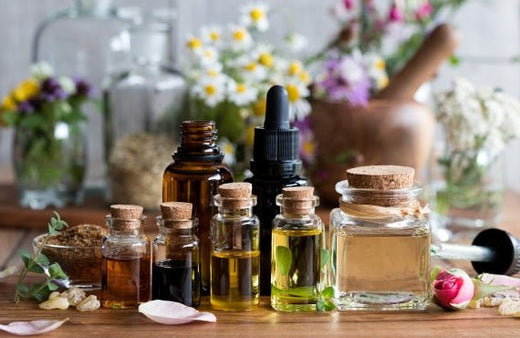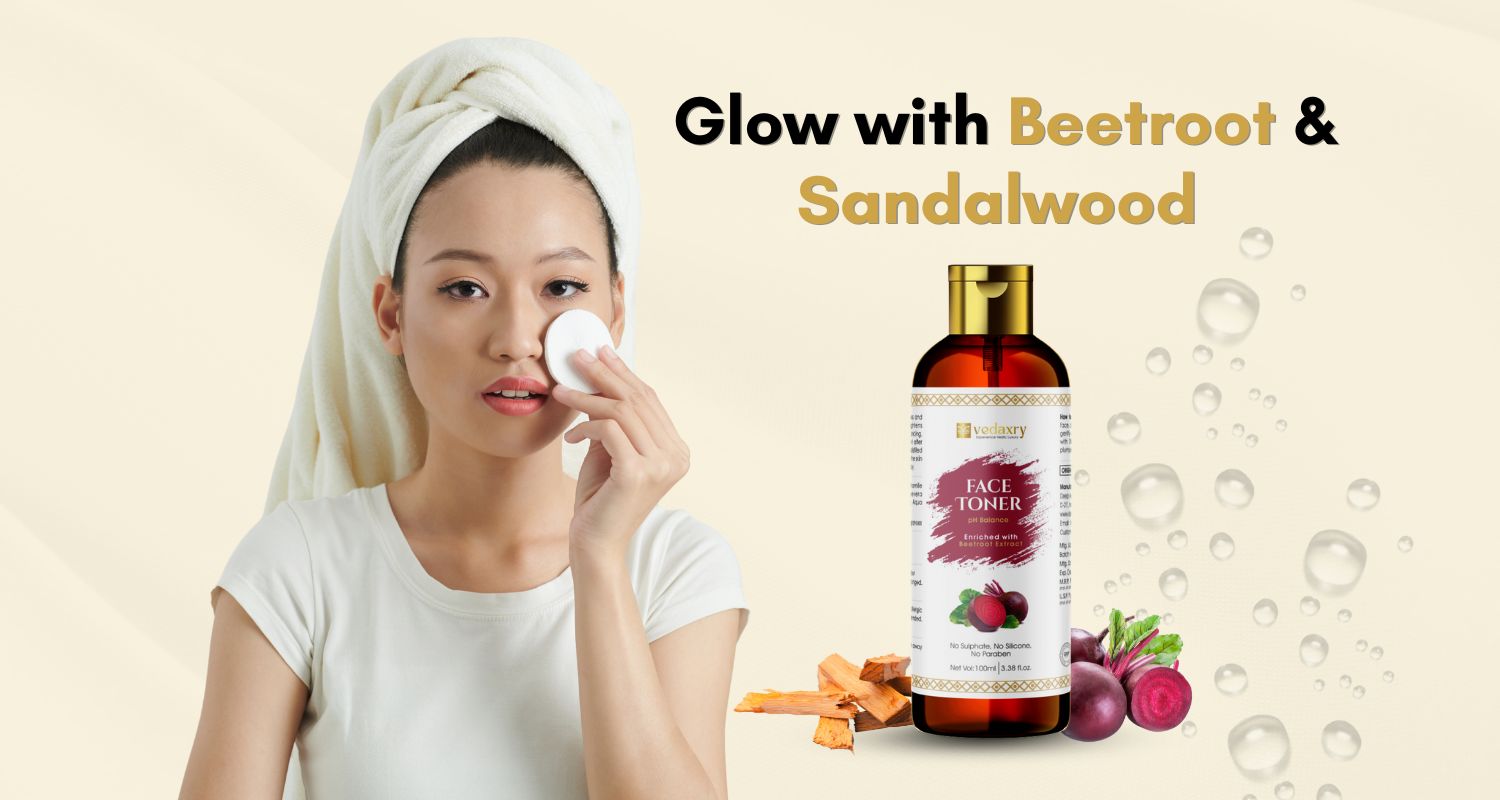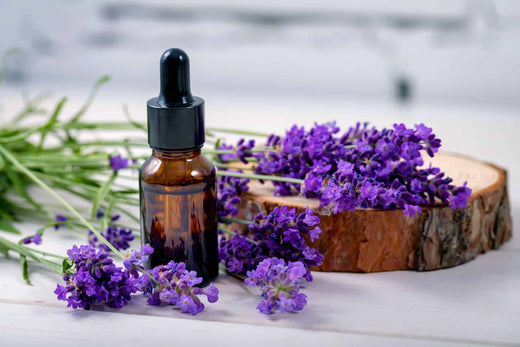Difference Between Chemical Based and Plant Based Skin Care ?


Plant-based skincare products are skincare products that are made primarily or exclusively from plant-derived ingredients. These products are formulated with botanical extracts, essential oils, and other plant-based ingredients to provide various skincare benefits. They are often preferred by individuals looking for natural, organic, and environmentally friendly skincare options. Plant-based skincare products may include cleansers, moisturizers, serums, masks, and other skincare essentials.
Benefits of Plant Based Skin Care Products
There are several benefits to using plant-based skin care products:
1. Natural ingredients: Plant-based skin care products are made with natural ingredients derived from plants such as fruits, vegetables, herbs, and flowers. These ingredients are usually minimally processed and have a lower risk of causing irritations or allergic reactions compared to synthetic ingredients.
2. Nourishing and hydrating: Many plant-based ingredients are rich in vitamins, antioxidants, and essential fatty acids that can nourish and hydrate the skin. Examples include aloe vera, coconut oil, shea butter, and various plant extracts.
3. Gentle and soothing: Plant-based skin care products are often gentle and soothing on the skin, making them a suitable choice for sensitive skin types. These products are less likely to strip the skin of its natural oils or disrupt the skin's pH balance.
4. Environmentally-friendly: Plant-based skin care products are typically produced using sustainable and eco-friendly practices. They are biodegradable and do not contribute to environmental pollution in the same way that many synthetic products do.
5. Cruelty-free: Many plant-based skin care brands are also cruelty-free, meaning they do not test their products on animals. This aligns with ethical concerns about animal welfare.
6. Anti-inflammatory and healing properties : Some plant-based ingredients have anti-inflammatory and healing properties that can help soothe irritated or damaged skin. For example, chamomile and lavender are known for their calming and soothing effects on the skin.
7. Suitable for all skin types: Plant-based skin care products are generally suitable for all skin types, including oily, dry, sensitive, and combination skin. This is because they are often formulated with a focus on balancing and nourishing the skin rather than targeting specific skin concerns.
8. Potential antioxidant benefits: Many plant-based ingredients are rich in antioxidants, which can help protect the skin from free radicals and environmental damage. Antioxidants can also help improve the overall health and appearance of the skin.
It's important to note that not all plant-based skin care products are created equally. The effectiveness and benefits of these products can vary depending on the specific ingredients and formulations used. It's always a good idea to read and consider the ingredient list, look for reputable brands, and consult with a dermatologist or esthetician to find the best plant-based skin care products for your individual needs.
Chemical Based Skin Care:

Chemicals-based skin care products are products that contain various chemical ingredients. These chemicals may include preservatives, fragrances, colorants, and other synthetic compounds that are used to enhance the appearance and texture of the skin care product.
Some common chemicals used in skin care products include parabens, sulfates, phthalates, and synthetic dyes. These chemicals can have different effects on the skin, ranging from moisturizing and anti-aging to exfoliating and brightening.
While chemicals-based skin care products can be effective in improving the appearance and health of the skin, they can also have potential side effects. Some people may be allergic or sensitive to certain chemicals, leading to skin irritation or other adverse reactions.
It is important to read the ingredient list of any chemicals-based skin care product and consider any potential risks before using it. Additionally, individuals with sensitive skin or specific skin concerns may want to consult with a dermatologist to determine which products are best suited for their needs.
Chemical Based Skin Care Products Side Effects:
While most chemicals used in skin care products are generally safe, some individuals may experience side effects. These can vary depending on the individual's sensitivity and the specific chemical used. Here are some common side effects of chemicals in skin care products:
1. Irritation and redness: Certain chemicals like fragrances, preservatives, and retinoids can cause skin irritation, redness, and inflammation. This is more common in individuals with sensitive skin.
2. Dryness and peeling: Ingredients like salicylic acid and benzoyl peroxide, commonly found in acne treatments, may cause dryness and peeling, especially when used in high concentrations or for prolonged periods.
3. Allergic reactions: Some individuals may develop allergic reactions to certain chemicals, such as parabens, sulfates, and fragrances. These reactions can manifest as itching, swelling, hives, or rashes.
4. Photosensitivity: Certain chemicals, such as alpha hydroxy acids (AHAs) and retinoids, can increase the skin's sensitivity to the sun, leading to sunburn or other sun-related skin damage. It is important to use sunscreen and avoid excessive sun exposure when using such products.
5. Disruption of the skin's natural barrier: Harsh chemicals, suchas sodium lauryl sulfate (SLS) and alcohol, can strip away the skin's natural oils and disrupt its protective barrier. This can lead to dryness, sensitivity, and an increased risk of other skin issues.
6. Skin discoloration: Hydroquinone, a popular ingredient in skin lightening products, can potentially cause skin discoloration if used improperly or for extended periods. It is important to follow the instructions and consult a dermatologist.
7. Hormonal disruptions: Some chemicals, like parabens and phthalates, have been linked to hormonal disruptions in the body. While more research is needed to fully understand these effects, it is advisable to choose products that are labeled as paraben-free and phthalate-free if you are concerned about this.
It is always important to read and understand the ingredient list of any skin care product and to patch test new products before applying them to your face or body. If you experience any severe or persistent side effects, it is best to discontinue use and consult a dermatologist.

Reviewed By
Dr. Sapna Kangotra
Senior Ayurveda Doctor



Comments